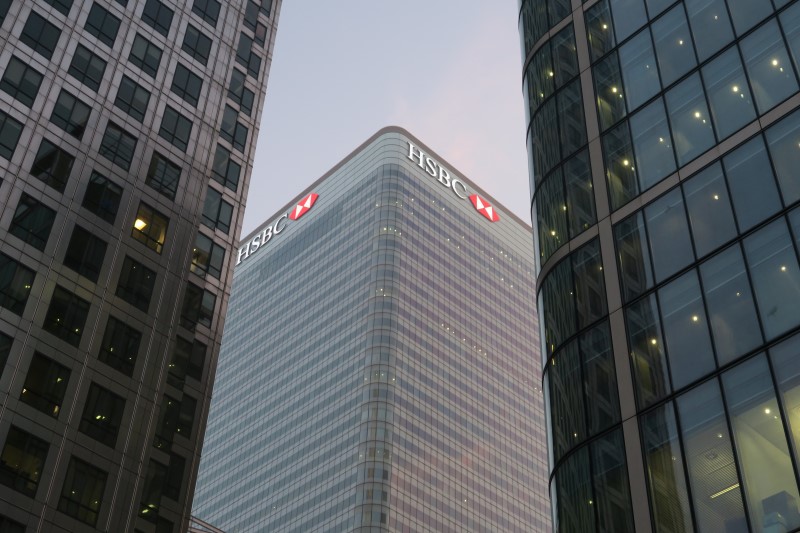Proactive Investors - Banks like Lloyds Banking Group PLC (LSE:LON:LLOY), NatWest Group PLC (LSE:LON:NWG) and HSBC Holdings PLC (LSE:LON:HSBA) are more ready and able to pass on higher interest rates to customers after dragging their heels over the past year, according to analysts at Shore Capital.
Chancellor Jeremy Hunt has stressed in recent days that the UK's high street lenders need to pass higher interest rates on to customers.
But he should be pushing against an open door, Shore Cap analyst Gary Greenwood said, as banks have now built up to “peak” profit margins as they hiked mortgage rates but slowly raised savings rates.
“To date, banks have been reluctant to pass on the full benefit of rising rates to savers,” Greenwood said.
This, he said, was because the 'liability spread' – the difference between the market interest rate and the deposit interest rate – had been “crushed” in recent years due to the fall in interest rates.
However, he said, “by withholding the benefit of subsequent rate rises from savers banks have been able to re-establish an economic margin on deposits”.
“As a result of this action, most banks are now earning returns at or above their cost of equity,” Greenwood added, “we are already seeing some evidence” of savings being passed on at a large scale.
Earlier this week HSBC's First Direct arm launched a regular savings product paying 7%, while today Lloyds Banking Group and NatWest have launched rates above 6% for regular-saver accounts.
As for how it will affect the banks from a shareholder perspective, the analyst said he believes the marginal benefit to banks from the past few Bank of England rises to interest rates and whatever comes next is “likely to be limited and could even become a headwind as banks play catch up.”
The banks have long stated that, as the BoE hikes interest rates, the benefit to their income statement from each incremental rise is likely to reduce.
Some evidence of this is already apparent, Greenwood said, with the 'deposit beta' – the proportion of rate rises that are passed through to savers – already starting to rise.
“In addition, customer behaviour has begun to change with savers beginning to shift deposits from non interest bearing current accounts and low interest instant access savings accounts to higher interest term deposits. We expect this trend to continue.”
While the marginal benefit of further rate rises is becoming limited, Greenwood said it is worth remembering that banks will still benefit from a tailwind to income as their huge 'structural hedges' reprice slowly from gradually being rolled onto new higher swap rates.
In his view, banks' net interest margins are “probably at or around peak levels already,” and he assumes “stabilisation from here rather than a substantial reversal on a sequential quarterly basis”.
